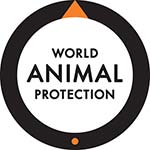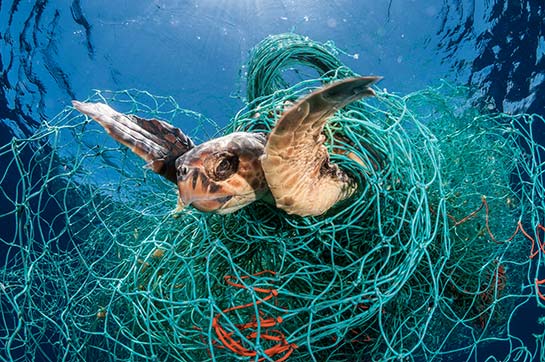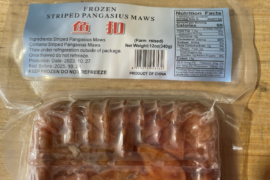Thai Union Group, one of the world’s largest frozen and canned seafood companies, is supporting the Global Ghost Gear Initiative (GGGI) in a campaign to reduce the growing problem of abandoned, lost and discarded fishing gear (ALDFG) worldwide. The announcement was made on March 12 during the Seafood Expo North America in Boston.
 The GGGI is an alliance founded by World Animal Protection in 2015, dedicated to tackling the issue of so-called “ghost fishing gear” at a global scale. Its strength lies in the diversity of participants including the fishing industry, the private sector, academia, governments, inter-governmental and non-governmental organizations.
The GGGI is an alliance founded by World Animal Protection in 2015, dedicated to tackling the issue of so-called “ghost fishing gear” at a global scale. Its strength lies in the diversity of participants including the fishing industry, the private sector, academia, governments, inter-governmental and non-governmental organizations.
Bangkok-headquartered Thai Union’s participation in the GGGI reflects its commitment to combat marine plastic pollution, in line with SeaChange, the company’s sustainability strategy to drive meaningful improvements across the entire global seafood industry.
“Ghost gear represents one of the biggest threats to animals in our oceans, significantly reducing fish stocks and entangling, injuring and killing millions of animals every year,” said Joel Baziuk, campaign manager for World Animal Protection and director of the Global Ghost Gear Initiative. “It is key for seafood industry leaders such as Thai Union to come together with NGOs, government and other stakeholders to improve the health of marine ecosystems, protect marine animals and safeguard human health and livelihoods.”
The United Nations Food and Agriculture Organization (FAO) estimates that every year, approximately 8 million tons of plastic enters the ocean, most of it urban waste, particularly plastic litter and microplastics.
 This loggerhead turtle, trapped in an abandoned drifting net in the Mediterranean Sea, was photographed by underwater cameraman Jordi Chias.
This loggerhead turtle, trapped in an abandoned drifting net in the Mediterranean Sea, was photographed by underwater cameraman Jordi Chias.
Abandoned, lost and discarded fishing gear, or “ghost gear” as it is also known, accounts for at least 10 percent of this total waste, and causes considerable ecological and socioeconomic problems. It washes up on beaches, severely impacts reef environments, poses a threat to navigation, negatively affects global fish stock levels, harms marine animals and is a significant cause of loss of other fishing gear in use.
As a user of primarily recyclable packaging, in the form of steel and aluminum cans and paper outer cardboard, Thai Union assessed its greatest impact to address marine plastic pollution is through supporting work to reduce ALDFG, according to Dr. Darian McBain, the company’s global director for sustainable development.
“Research indicates that 70 percent of floating microplastics debris in the open ocean is fishing-related,” said McBain. “Reducing abandoned, lost and discarded fishing gear is key to ensuring the seas are sustainable now and for future generations. It has obvious impacts on global food security and the seafood supply chain, as well as an impact on the livelihoods of coastal communities.”
The issue of marine plastic pollution also impacts all three of the UN Sustainable Development Goals (SDGs) Thai Union has committed to focus on: Zero Hunger, Decent Work and Economic Growth, and Life Below Water. Proving it is not only a material issue to Thai Union’s stakeholders but also to the company, which is contributing in areas where it can have direct influence.
“Thai Union is keystone actor in the seafood industry, and with huge international influence comes a degree of social and environmental responsibility. We are very much looking forward to working together to drive economically viable, sustainable solutions toward safer, cleaner oceans,” said Baziuk.





